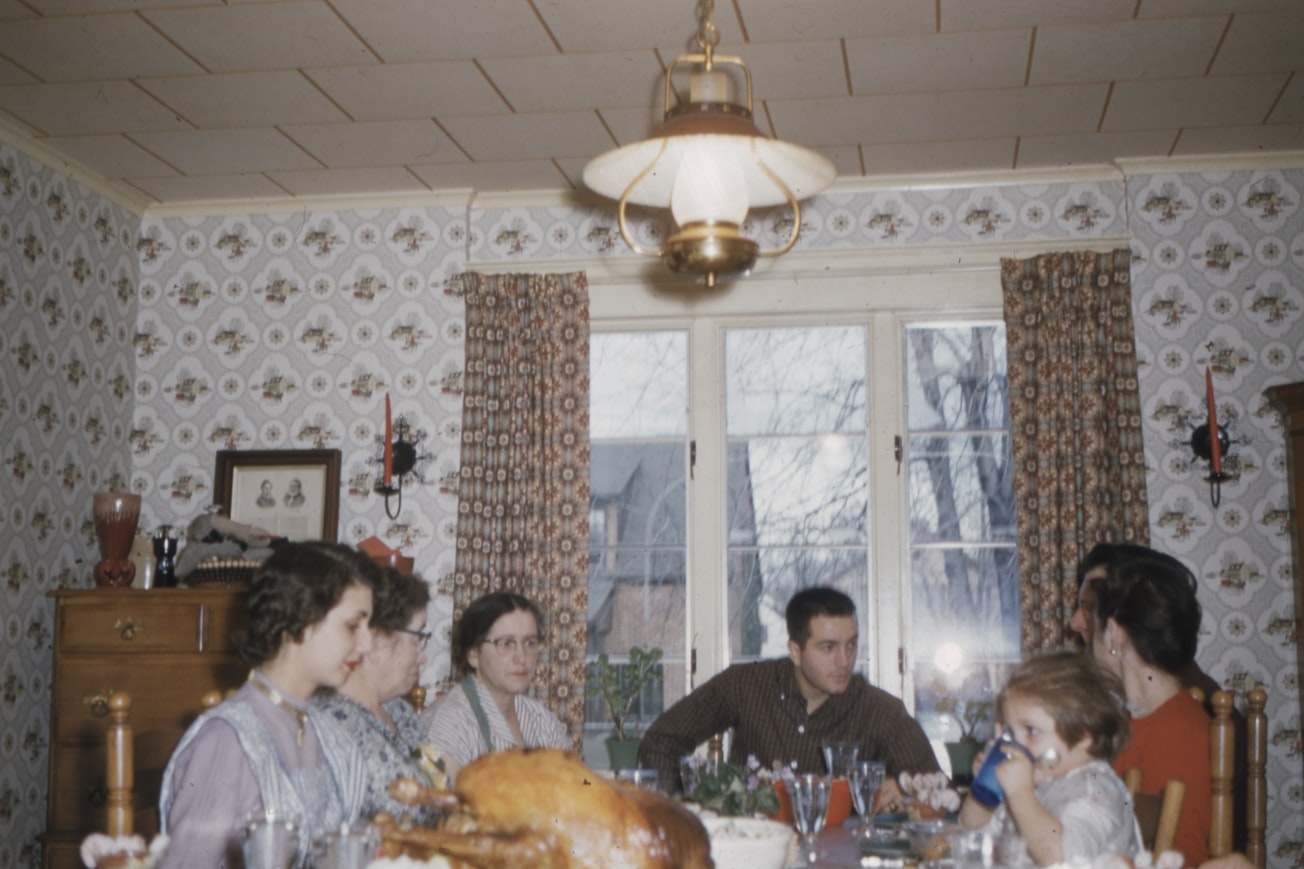What is it about?
How do parents and children contribute to the construction of their argumentative discussions and the resolution of their differences of opinion? By taking a social constructionism stance on language, this study focuses on the dialogical processes of negotiation during family mealtime conversations. The results of this study show that feeding practices during mealtimes are dialogically constructed by parents and children together.
Featured Image

Photo by The Joy of Film on Unsplash
Why is it important?
This study has shown how the resolution of the difference of opinion on food-related issues between parents and children during mealtimes emerges as a process of negotiation between diverging views on the subject matter. By engaging in argumentative discussions, parents accept the commitment to clarifying to their children the reasons on which rules and prescriptions about food are based, while children can become more aware of being full-fledged active participants of their family. Family argumentative interactions should, therefore, be viewed as a bidirectional process of mutual apprenticeship in which parents affect children and are simultaneously affected by them.
Perspectives
The topic of food is a matter of confrontation at different levels and in various contexts of the everyday lives of people. The results of the observations and the subtle analyses of conversational exchanges among family members are examples of possible ways to recognize the educational value of parent-child food negotiation. This topic has to be assumed as a relevant one also by parents and other caretakers, in order to play a fundamental role in the social endeavor of feeding practices.
Antonio Bova
Universita Cattolica del Sacro Cuore
Read the Original
This page is a summary of: Dialogical construction of parental feeding strategies during family mealtimes, Journal of Health Psychology, October 2019, SAGE Publications,
DOI: 10.1177/1359105319884600.
You can read the full text:
Contributors
The following have contributed to this page







